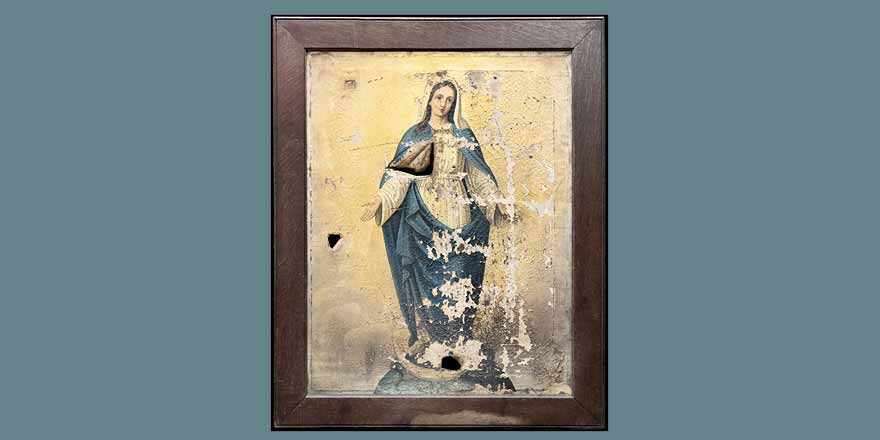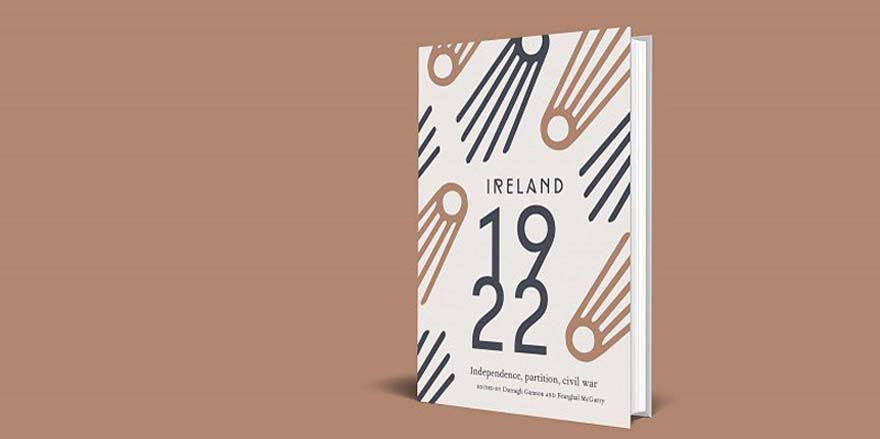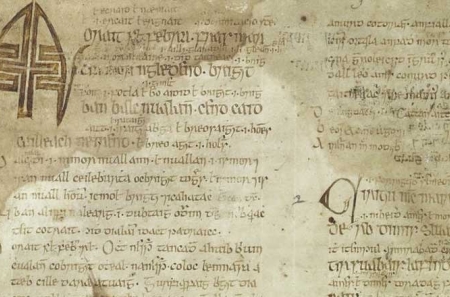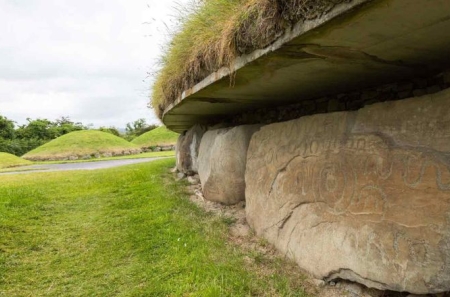
24 March 1922: The McMahon Murders
24 March 2022Read Laurence Marley's essay on 'Class and Killing in Belfast' on Century Ireland.
Ireland 1922, edited by Darragh Gannon and Fearghal McGarry, features 50 essays from leading international scholars that explore a turning point in history, one whose legacy remains controversial a century on. Building on their own expertise, and on the wealth of recent scholarship provoked by the Decade of Centenaries, each contributor focuses on one event that illuminates a key aspect of revolutionary Ireland, demonstrating how the events of this year would shape the new states established in 1922. Together, these essays explore many of the key issues and debates of a year that transformed Ireland.
In collaboration with Century Ireland, we are making the 50 essays freely available online. Today's essay is by Laurence Marley and it covers the murder of members of the McMahon family in north Belfast, which took place on 24 March 1922:
"Despite the truce between Crown forces and the IRA in July 1921, violence intensified in Belfast that summer, the brunt of it borne by the local Catholic community, which constituted 25 per cent of the city’s population. Belfast now served as the capital of the new Northern Ireland polity, which had been established (with an in-built Protestant majority) in order to settle historically freighted Ulster unionist fears of Irish independence. In the immediate aftermath of partition, these fears remained heightened. The middle-class leaders of constitutional nationalism in Belfast harboured a hope that the adoption of a policy of ‘recognition’ of the Northern parliament and its government would result in an end ‘to the present campaign of persecution’. But, given events on the ground, this view was entirely out of step with the experiences of Catholics in working-class, ghettoised areas of the city. Of all the attacks on the Catholic community in this period, the one that shocked contemporaries most, however, was the murder of the prosperous Catholic publican Owen McMahon, together with four of his sons (aged between 15 and 26 years) and a barman who was present during the attack at the family’s home in north Belfast in the early hours of 24 March 1922. News of the killings reverberated throughout Ireland and beyond". Continue reading (you will be redirected to the website of Century Ireland)
Ireland 1922, edited by Darragh Gannon and Fearghal McGarry, is published by the Royal Irish Academy with support from the Department of Tourism, Culture, Arts, Gaeltacht, Sport and Media under the Decade of Centenaries 2012-2023 programme.




